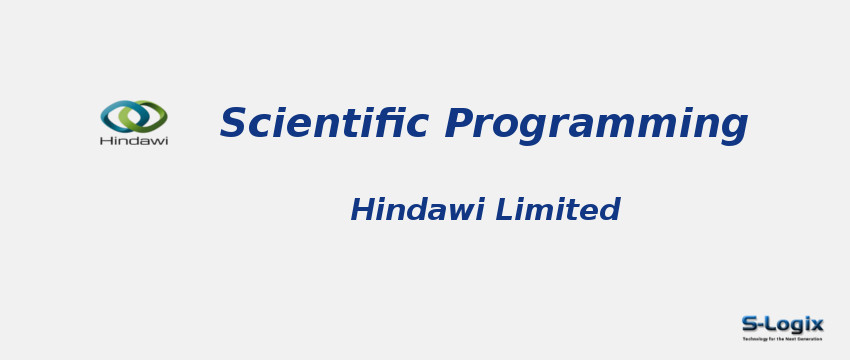Journal Home: Journal Homepage
Editor-in-Chief: Massimo Ceraolo
Print ISSN: 1058-9244
Electronic ISSN: 1875-919X
Abstracting and Indexing: Science Citation Index Expanded, Scopus.
Imapct Factor 2024: 1.672
Subject Area and Category: Computer Sciences
Publication Frequency: Quarterly
H Index: 52
Q1:
Q2:
Q3:
Q4:
Cite Score: 1.7
SNIP: 1.340
Journal Rank(SJR): 0.303
Latest Articles: Latest Articles in Scientific Programming
Guidelines for Authors: Scientific Programming Author Guidelines
Paper Submissions: Paper Submissions in Scientific Programming
Publisher: Hindawi Publishing Corporation
Country: Netherlands
